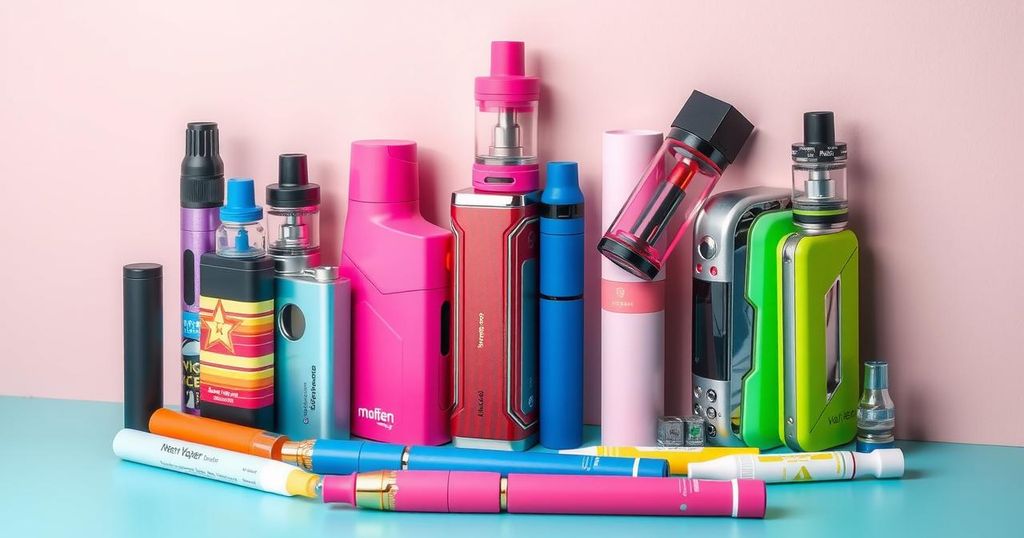Vaping in Nigeria: Green Outside, Deadly Within

- Vaping prevalence in Nigeria shows alarming growth among youths.
- Health risks linked to vaping include addiction and mental health issues.
- Effective regulations and public awareness campaigns are urgently needed.
Rising Concerns Over Youth Vaping in Nigeria
The vaping landscape in Nigeria is rapidly changing, raising alarms regarding public health and safety. Vaping, often perceived as a less harmful alternative to traditional cigarettes, is increasingly capturing the attention of young people, especially those aged 15 to 35. Some studies indicate a troubling rise in vaping prevalence; estimates suggest that lifetime usage ranges from 5.8 to 19.8 percent, with current use reported at 11.8 percent. Alarmingly, most users are young adults, which raises questions about the implications of nicotine consumption among vulnerable populations who may not fully understand the addiction risks.
Health Risks Linked to Vaping Among Youth
The marketing tactics employed by vaping companies mask the serious health risks associated with e-cigarettes. Many youths view vaping as trendy, often influenced by peers and social media. As a result, risks extend beyond mere addiction, affecting lung function, mental health, and increasing the likelihood of experimenting with combustible tobacco. A significant concern is that nearly 90 percent of youth e-cigarette users opt for flavored products, which further entices the youth demographic to engage in this behavior. With ineffective regulations currently in place to combat this trend, there are significant public health risks that must be addressed.
Urgent Policy Changes Needed for Effective Action
Addressing Nigeria’s vaping crisis necessitates urgent policy changes and comprehensive public health initiatives. Lawmakers should consider enforcing age restrictions, banning flavored vaping products, and reiterating the need for taxes on both tobacco and vaping items. The government previously implemented a new tax regime aimed at reducing consumption, but in a disappointing turn, these plans were halted under industry pressure in 2023. Public awareness campaigns are critical; parents, educators, and young people themselves need to be informed about the risks of nicotine, including addiction and the potential gateway effect of vaping. Collaboration on research and monitoring youth vaping habits can lead to targeted interventions that prioritize health over profit.
The situation surrounding vaping in Nigeria has reached a turning point, with rising prevalence among youth highlighting the immediate need for robust health policies. The consequences of inaction could lead to a new generation grappling with nicotine dependence. To safeguard public health, decisive steps must be taken to regulate vaping, educate the public, and support youth in overcoming addiction challenges.







